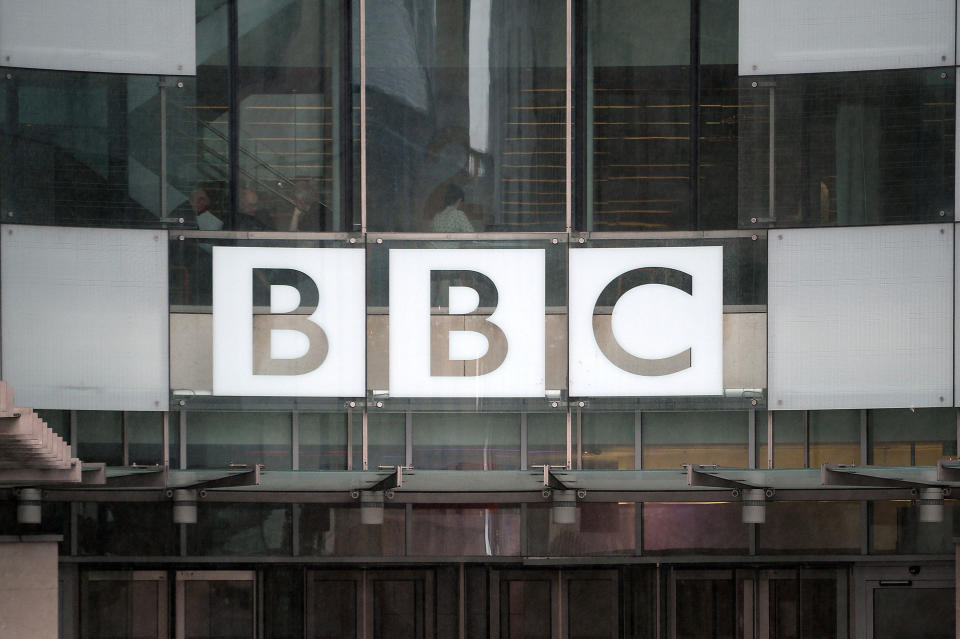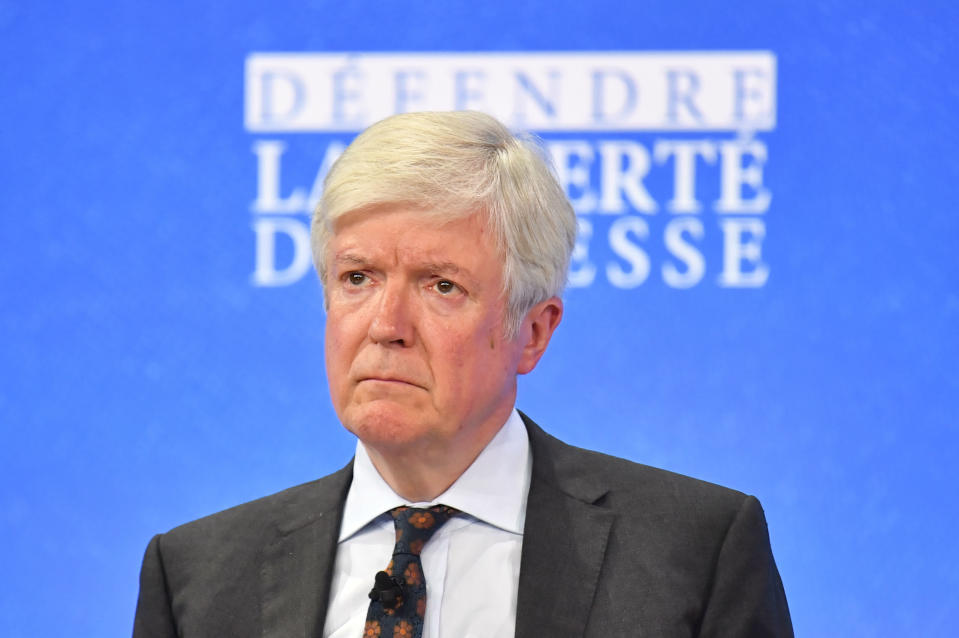TV licence fee evasion could be decriminalised, says government in attack on BBC

Nicky Morgan today ramped up Downing Street’s war on the BBC by announcing a “consultation” on whether failure to pay for a TV licence should be a criminal offence.
The culture secretary said the fee, which carries a maximum £1,000 fine and potential jail sentence for non-payment, risked the BBC becoming “a historical relic like Blockbuster”.
In a speech at the Policy Exchange think-tank in Westminster on Wednesday morning, Baroness Morgan said: “The broadcasters which do not remain relevant will find themselves left behind by viewers.
“Many people consider it an anachronism that you can effectively be imprisoned for not paying a TV licence.
“There remain legitimate concerns the criminal sanction for evasion is unfair and disproportionate. We are therefore launching an eight-week public consultation on whether to decriminalise licence fee evasion.”
Morgan, who stepped down as an MP before December’s general election but is in Boris Johnson’s cabinet because she was appointed to the House of Lords, praised the BBC for creating “shared moments that bring the public together”.
“It is a cherished British institution,” she added.

However, she warned “the way we consume content is changing” and said “it’s clear viewers are enjoying the greater choice on offer” from streaming giants such as Netflix.
“The world in which the BBC was created, and the licence fee established, has changed beyond recognition,” she said. “The BBC’s role is not just to meet the demands of today but those of the future.
Read more from Yahoo News UK
A history of the TV licence fee
The 360: Why don't people trust the BBC as much any more?
The BBC’s biggest controversies during Lord Hall’s time as director general
“At times of unprecedented change, as Blockbuster demonstrated, the question on relevance is the most important question of all.”
Morgan rejected a suggestion from a BBC journalist at the event that the consultation may be “punishment, political payback” by a government unhappy at its coverage during the Brexit referendum and subsequent general elections.
“I utterly refute that suggestion,” she said.

Today’s intervention comes as the BBC faces a fight for its very existence.
The corporation can fall back on the £154.50 annual licence fee – which provides 75% of its revenue – until at least December 2027, when the current Royal Charter expires.
However, justification for the licence fee is being questioned like never before, especially at the top of government.
Number 10 has been openly hostile to the corporation, and Boris Johnson has said he was “certainly looking at” scrapping the licence fee. Ministers, meanwhile, have been banned from appearing on flagship BBC current affairs shows Today and Newsnight.

If Johnson’s administration is still in power in 2027 – there must be a general election by December 2024 – the corporation’s future could be in severe doubt.
The government’s hand has also been strengthened by a growing anti-BBC narrative among the public.
In June, it will begin enforcing unpopular licence fee obligations on over-75s.
At the opposite end of the age spectrum, it is failing to engage younger audiences in the digital streaming age.
Vitally, its news output is also facing growing hostility. A recent YouGov survey found just 44% of Britons trust the BBC to tell the truth.
On Tuesday, the BBC endured a huge backlash after its BBC Parliament channel confused two black Labour MPs, captioning Marsha de Cordova with the name of deputy leadership contender Dawn Butler.

 Yahoo News
Yahoo News 